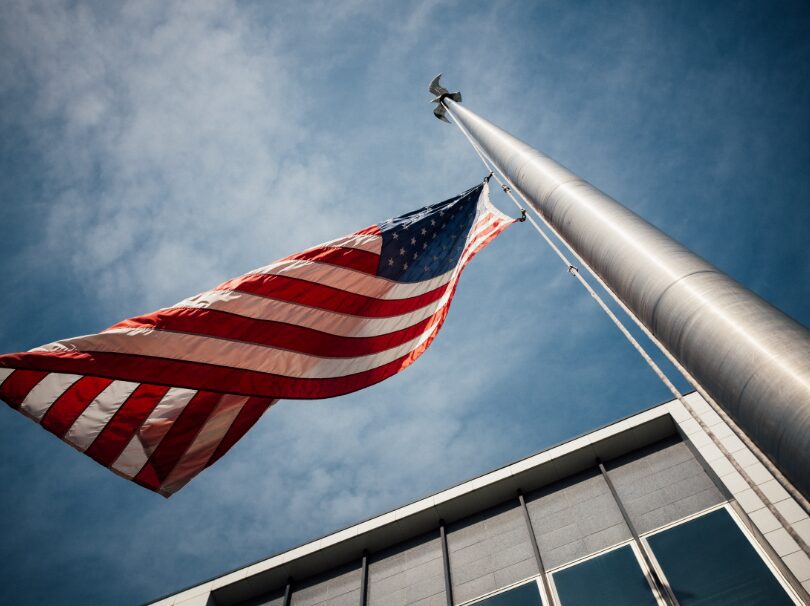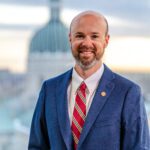Last Spring for my doctoral seminar paper, I chose to write about religious liberty in contemporary evangelical public theology. That sentence might be a mouth-full, so let me explain. I thought to myself last Spring, “What resources or methods have evangelical scholars recently offered that give a comprehensive explanation for religious liberty?”
This is an important question. For a topic to be something that is cared about, there needs to be a plethora of resources that all make the case that a subject is important. We see this all the time with other subjects. Take abortion or marriage, for example, and there are many volumes that give a Christian defense of why these issues matter to Christian ethics.
But religious liberty has not been given equal treatment. Sure, there are chapters smattered in various books on evangelicals and the public square, but there really isn’t a single volume that gives a biblical and theological justification for why religious liberty matters. Religious liberty is lacking justification in both biblical theology and social ethics (which in turn, is what I am going to write my dissertation on).
As I asked myself that original question, the answer I found did not give reason for optimism. I could find only two volumes dedicated entirely to religious liberty. One was Os Guinness’ Global Public Square, but even this book was not a theological argument; it was an argument based on pluralism and the common good. The other book was First Freedom: Baptist Perspectives on Religious Liberty that came out in 2007. It was an edited volume where Baptist theologians and historians offered an explanation and defense of religious liberty. It’s a good volume, and there’s good news: This book is now re-released in a second edition titled First Freedom: The Beginning and End of Religious Liberty. The book releases on October 15. Edited by Jason Duesing of Midwestern Seminary, Malcolm Yarnell of Southwestern Seminary, and Thomas White of Cedarville University, this newly re-released edition of First Freedom offers an updated, comprehensive case for why religious liberty matters. I cannot recommend it highly enough.
There are chapters on the history of religious liberty; chapters on the biblical and theological origins of religious liberty; and chapters on the contemporary challenges facing religious liberty. I am honored to have a chapter in the volume talking about the basics related to religious liberty and the public square. In that chapter particular, I look at the ecosystem of our society and how such things as declining religion and LGBT rights affect religious liberty. I also offer some proposals for how evangelicals should frame religious liberty; namely as a “disciplined public philosophy” (as Carl Henry stated) that recovers religion’s place in fostering what I call “humane democracy” premised on God-given natural rights.
Other contributors aside from the editors themselves include Russell Moore, Albert Mohler, Barrett Duke, Travis Wussow, Paige Patterson, and Evan Lenow.
Religious liberty is crucial to evangelical public theology. Why? Because religious liberty is a foundational doctrine of how the church relates to society and the state and vice versa. Furthermore, religious liberty is a hinge that helps us to discern what it means to enter public life as religious people. Religious liberty is an architectural doctrine to evangelical social ethics. For those reasons, I heartily commend First Freedom to you as it will offer a pathway into the unique Baptist distinctive of religious liberty.










